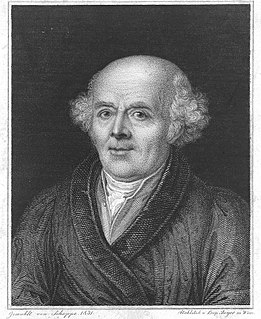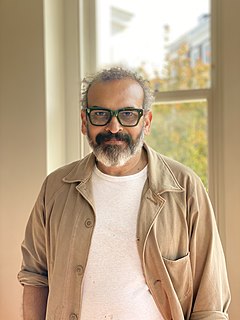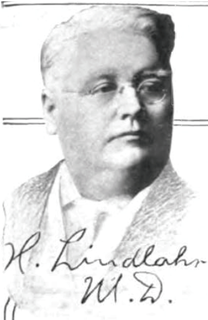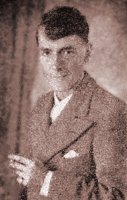A Quote by Margaret Cuomo
Why have we settled for a medical system that allows cancer to be recast as a chronic and tolerable disease rather than one we should try to prevent? Why do so many scientists at the nation's drug companies and universities turn their backs on the possibility of prevention?
Related Quotes
Every effective drug provokes in the human body a sort of disease of its own, and the stronger the drug, the more characteristic, and the more marked and more violent the disease. We should imitate nature, which sometimes cures a chronic affliction with another supervening disease, and prescribe for the illness we wish to cure, especially if chronic, a drug with power to provoke another, artificial disease, as similar as possible, and the former disease will be cured: fight like with like.
The development of a strategic plan for cancer prevention in medical schools that is supported by all stakeholders - including the medical community, government, the insurance industry, cancer advocacy groups and all those dedicated to cancer prevention - will be the key to inspiring patients to live lifestyles that will decrease cancer risk.
The field of U.S. cancer care is organized around a medical monopoly that ensures a continuous flow of money to the pharmaceutical companies, medical technology firms, research institutes, and government agencies such as the Food and Drug Administration (FDA) and the National Cancer Institute (NCI) and quasi-public organizations such as the American Cancer Society (ACS).
One strand of psychotherapy is certainly to help relieve suffering, which is a genuine medical concern. If someone is bleeding, you want to stop the bleeding. Another medical aspect is the treatment of chronic complaints that are disabling in some way. And many of our troubles are chronic. Life is chronic. So there is a reasonable, sensible, medical side to psychotherapy.
HIV/AIDS from converted from a lethal disease into a chronic disease because basic scientists' fundamental research was done that illuminated aspects of that virus and allowed the generation of therapies like antiretroviral therapies. And so now HIV/AIDS is not a lethal disease, it is a chronic disease.
There's traditionally been two different ways of seeing addiction. Either it's a sin and you're a horrible bad person and you are just choosing to be hedonist or it's a chronic progressive disease. And while I certainly believe addiction is a medical problem that should be dealt with by the health system, the way we've conceptualized addiction as a disease is not actually accurate, and it has unfortunately become stigmatizing and it's also created a lot of hopelessness in a lot of people.

































